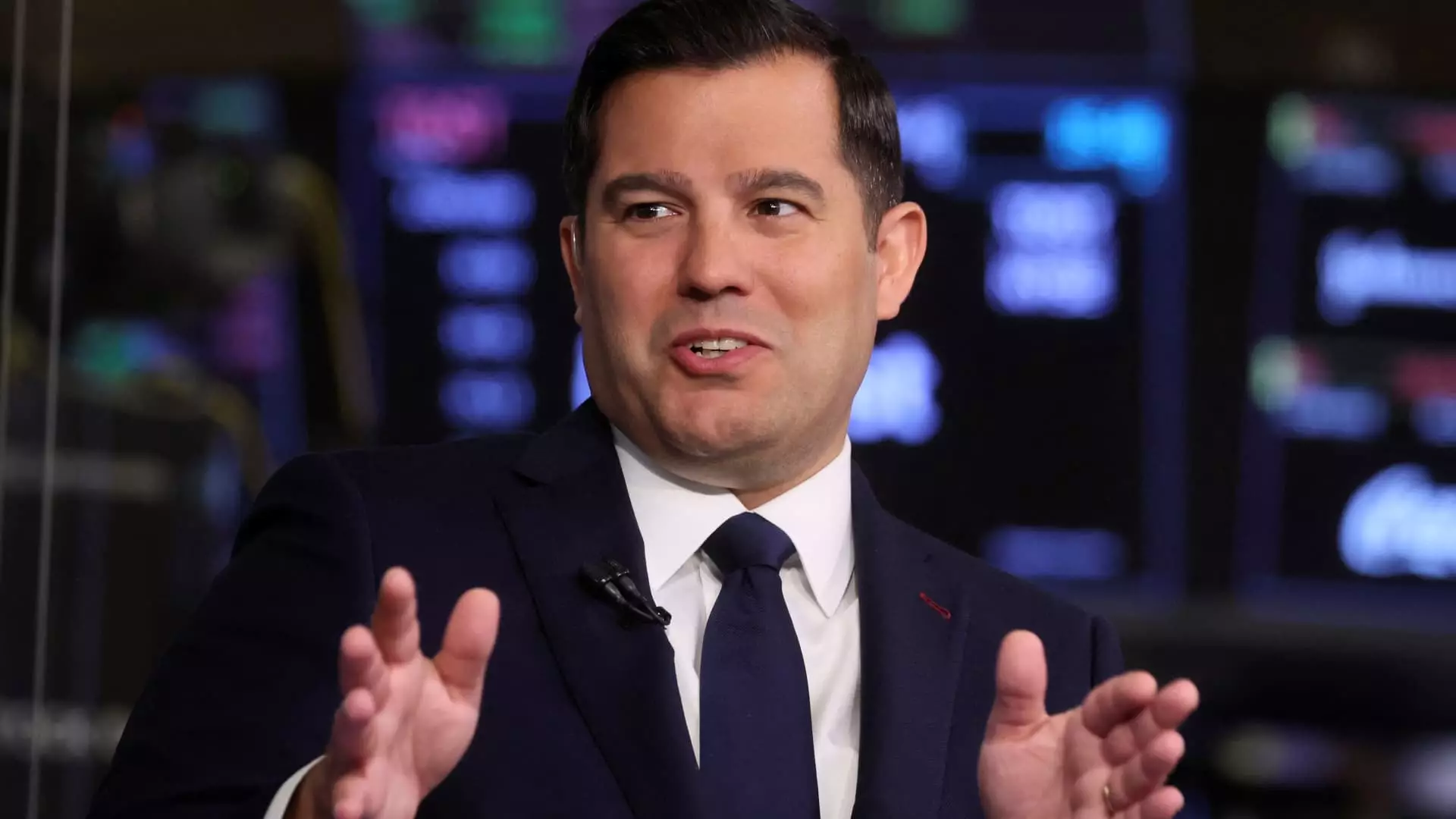In a shocking turn of events, shares of the stock-trading app Webull skyrocketed by nearly 375% just days after its merger with SK Growth Opportunities Corp., a special-purpose acquisition company (SPAC). With this staggering performance, Webull’s market cap has soared to approximately $30 billion, raising eyebrows and igniting discussions about the sustainability of such a meteoric rise. Competing directly with established names like Robinhood and Charles Schwab, Webull’s offering of customizable trading tools, including options, ETFs, and cryptocurrencies, attracts a growing base of over 23 million registered users across 15 global markets.
The Allure of the Trading App
Webull’s user base has witnessed a surge, particularly during the COVID-19 pandemic as many Americans funneled their stimulus checks into investments. This influx of amateur investors has shifted the landscape of stock trading, with platforms like Webull seeing unprecedented engagement. With features that appeal to more analytical traders, such as watchlists and screening tools, the platform has fostered a reputation for attracting a demographic that prides itself on being “much more intellectual” in their trading strategies than their Robinhood counterparts. However, this claim raises questions: Is there an elitist culture developing within the trading community that could alienate newer investors?
Concerns Over Market Volatility
The remarkable increase in Webull’s stock price must be scrutinized, especially against the backdrop of past SPAC performance. Following a market boom in 2021, which saw 613 SPAC IPOs, the subsequent year was marred by rising inflation and interest rates, instigating a downturn and creating a climate of skepticism around these investment vehicles. The current surge at Webull might evoke a sense of euphoria, reminiscent of past bubbles where markets reacted impulsively to positive narratives without grounded fundamentals. Are investors driven by a fear of missing out (FOMO) rather than rational assessment?
Moreover, the company’s forecast of $390.2 million in revenue for 2024—projected to be flat compared to 2023—has the potential to cast a shadow over its bubbling valuation. The stakes are elevated, and the market is rife with uncertainty. This predicament is compounded by concerns regarding Webull’s ties to China, underscored by inquiries from the U.S. House Select Committee on the Chinese Communist Party last November. Such scrutiny could have significant implications for a company that has aggressively marketed itself as a player in the U.S. trading sector.
The Role of Financial Narrative
As Webull rejoices in its newfound status, it’s crucial to recognize the role of narrative in financial markets. The tech industry’s promise often obscures the harsher realities of market fluctuations. Investors must tread carefully; narratives can quickly shift, and euphoria can transform into regret in the blink of an eye. In today’s digital age, public sentiment can sway stock prices dramatically, and it is vital that investors anchor their decisions in facts rather than mere speculation.
The stock market is a delicate dance between emotional response and rational investment, and while Webull’s growth resonates with the thrill of innovation, it is essential to maintain a cautious approach in an unpredictable environment. The shift in trading dynamics, marked by polarizing opinions about intellectual versus emotional investing, may very well define the future of platforms like Webull.

